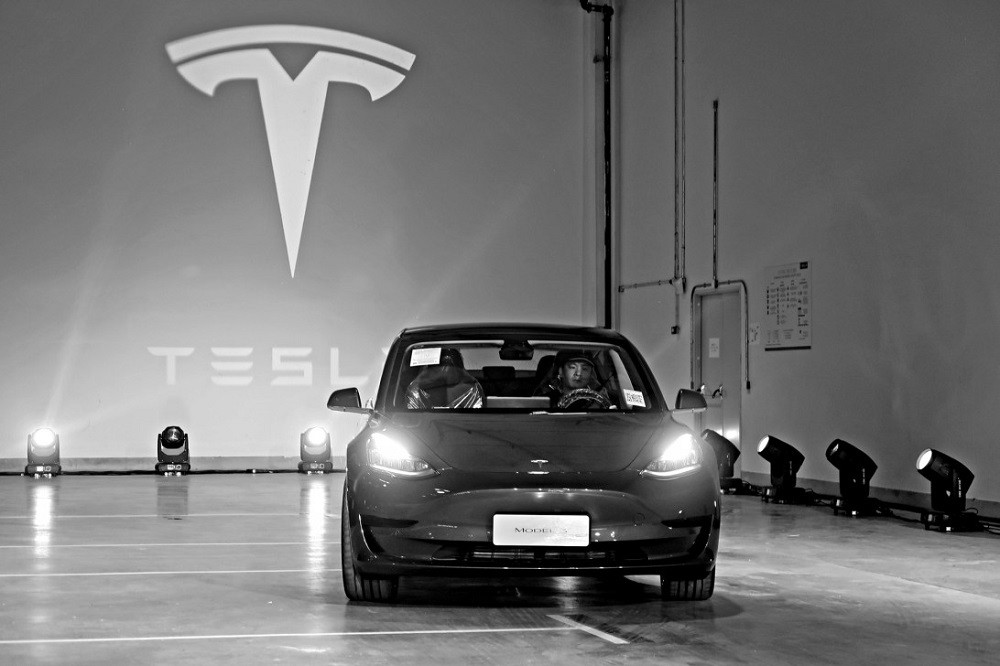Tesla is using cobalt-free batteries in its Shanghai made models in China. These batteries made by CATL have lithium-iron-phosphate(LFP) batteries. Tesla is using these to make its cars cost-effective. The reason behind this decision is its faltering EV sales in China. After talks for over a year now, China’s CATL agreed to the deal earlier this month.
Why Cobalt-Free?
The LFP batteries are cheaper. Tesla uses “double-digit percent” as said by the anonymous person directly involved in the matter. Nickel-Cobalt-Aluminium (NCA) or Nickel-Manganese-Cobalt (NMC) is the usual choice for the EV makers for passenger cars.
They are used for their high energy density which affects the max range traveled in a single charge. CATL, on the other hand, has been working on the so-called cell-to-pack technology that boosts the density and safety of its LFP batteries.

These batteries will also help Elon Musk keep up his promise. In 2018 he promised that his company would lower the use of Cobalt from $33,500 per tonne to almost nothing.
Tesla recently began delivering cars from its Shanghai factory and is seeking regulatory approval to build a longer range Model 3 cars. Last month, during an earnings meeting, he said his company will host a battery event soon in April. The company will share its future battery strategy and technology with the media.


